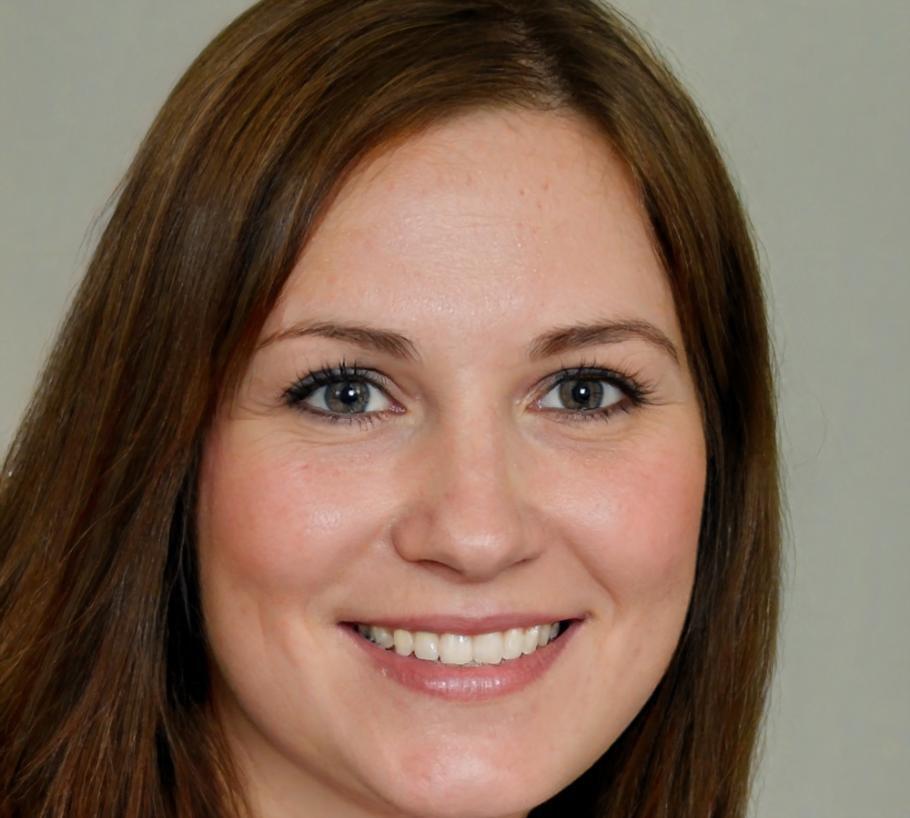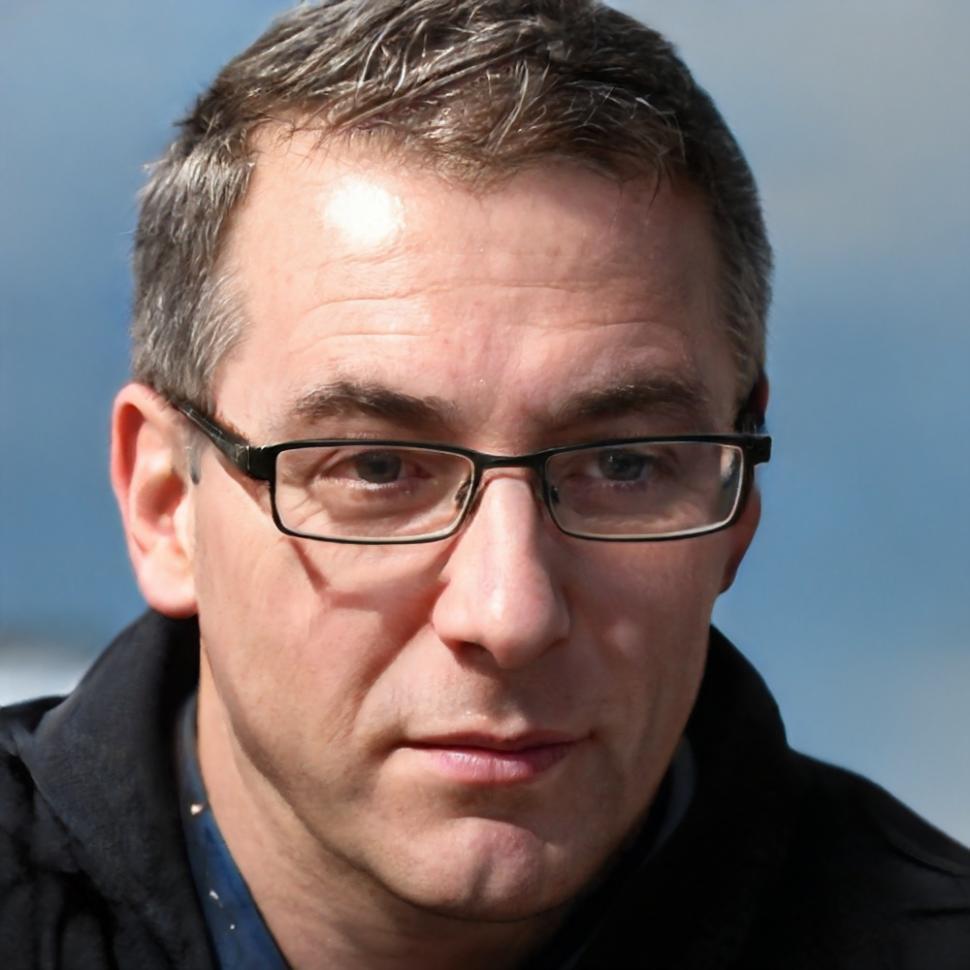Learn Together, Grow Together
Experience the power of collaborative learning in global ecology through peer-driven education, shared knowledge creation, and supportive community networks that accelerate your professional development journey.
Join Our Learning CommunityCollaborative Group Dynamics
Our learning approach centers around small cohort groups where professionals engage in dynamic peer-to-peer knowledge exchange. You'll discover how collaborative learning accelerates understanding while building lasting professional relationships.
-
Small Learning Cohorts
Work closely with 6-8 professionals in structured group sessions that encourage active participation and meaningful discussion around ecology career challenges.
-
Peer Knowledge Sharing
Share real-world experiences and insights with colleagues facing similar career transitions, creating a rich learning environment beyond traditional coursework.
-
Group Problem Solving
Tackle complex environmental challenges together, developing critical thinking skills while learning from diverse perspectives and professional backgrounds.

Your Professional Support Network
Build meaningful connections that extend far beyond your learning period. Our community becomes your professional ecosystem, providing ongoing support, collaboration opportunities, and career advancement through genuine relationships.
Study Partner Matching
Connect with learning partners based on career goals, experience level, and complementary skills. These partnerships often evolve into long-term professional collaborations.
Industry Network Access
Gain introductions to established ecology professionals through our alumni network, opening doors to mentorship opportunities and career advancement.
Regular Community Events
Participate in monthly virtual meetups, quarterly regional gatherings, and annual conferences that strengthen professional bonds and create collaboration opportunities.
Real-World Collaborative Projects
Apply your learning through hands-on projects that mirror actual workplace challenges. These collaborative experiences build your portfolio while developing teamwork skills essential for ecology careers.
Environmental Assessment Team Project
Form 4-person teams to conduct comprehensive environmental impact assessments for simulated development projects, practicing real methodologies used by consulting firms.
Weeks 3-8Community Outreach Campaign
Collaborate on creating public education materials and presentation strategies for environmental awareness, developing communication skills crucial for ecology professionals.
Weeks 12-16Cross-Team Research Synthesis
Work with multiple learning cohorts to synthesize research findings into comprehensive reports that demonstrate your ability to coordinate large-scale collaborative efforts.
Weeks 20-24
Sarah Chen
Environmental ConsultantThe collaborative projects gave me confidence to lead environmental assessments at my firm. Working with diverse team members taught me how to navigate different perspectives and build consensus around complex issues.

Maria Rodriguez
Conservation BiologistI still collaborate with my project teammates two years later. These relationships became the foundation of my professional network and led directly to my current position at a nature conservation organization.

David Park
Sustainability ManagerThe team projects perfectly mirror what I do daily in my role. Managing stakeholder input, coordinating research efforts, and presenting findings to diverse audiences - all skills I developed through our collaborative work.
